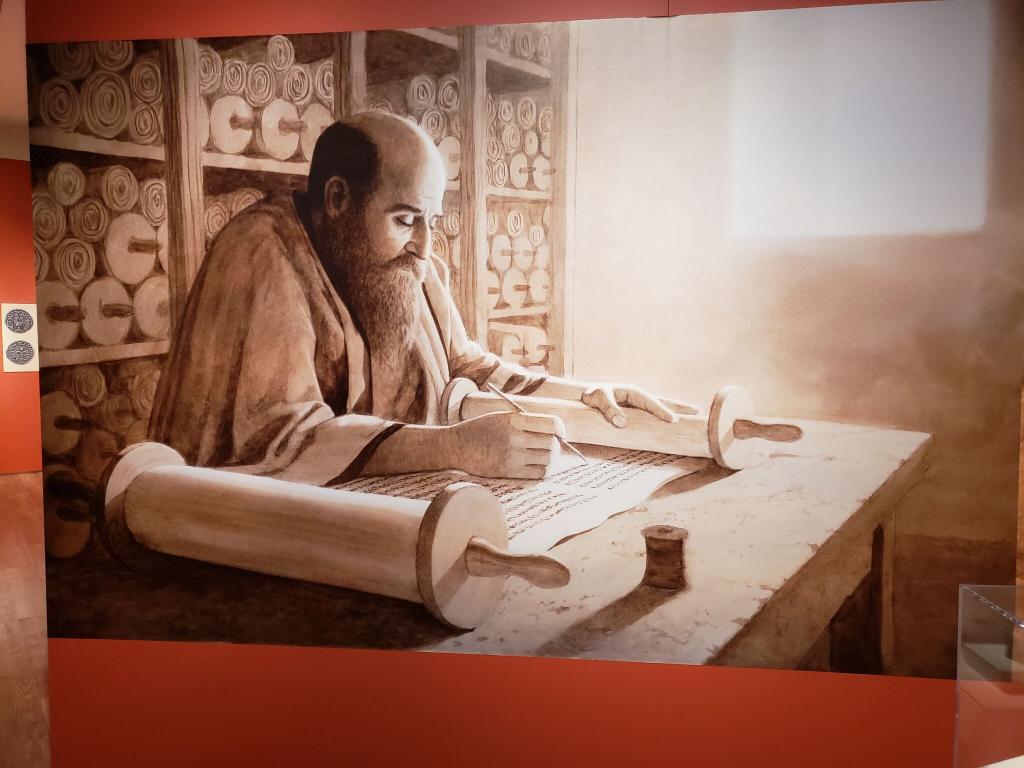Here is a helpful post by friend Larry Hurtado on the problem with the notion that ancient texts were performed ‘from memory’, rather than read out loud to an ancient audience….
“The Great Divide”: Orality and Texts
Trying to catch up on recent journal articles after my prolonged confinement in hospital, I came across the article by Paul S. Evans, “Creating a New ‘Great Divide’: The Exoticization of Ancient Culture in Some Recent Applications of Orality Studies to the Bible,” Journal of Biblical Literature 136.4 (2017): 749-64. Evans alleges and challenges a tendency among some scholars of the ancient near east and OT to “exoticize” the ancient culture, meaning to impute to the ancients a romanticized character overly different from our own time.
To be sure, as in the famous line from The Go-Between, “the past is a foreign country. They do things differently there.” But, granting differences, Evans argues (effectively, I think) that these can be exaggerated unhelpfully, in this case when it comes to assessing how texts functioned. So, for example, the notion that written texts were not read out but were memorized for oral “performance” (as in a play) has scant basis, either in references to reading practices or in the physical evidence. Granted, the majority of the population was likely illiterate, and so experienced texts as they were read out in their hearing. But the point is that the texts were read out, not “performed” from memory like in a play.
Moreover, as Evans notes, field studies show that the introduction of texts into a culture affects illiterates as well as literates. So, thereafter, we don’t have an “oral culture” in some pure sense. The failure to recognize this is what Evans means by his complaint of “exoticizing” the ancient world.
I made a somewhat similar complaint about my own field a few years ago (and I’m pleased to see my article cited by Evans): Larry W. Hurtado, “Oral Fixation and New Testament Studies? ‘Orality’, ‘Performance’ and Reading Texts in Early Christianity,” New Testament Studies 60.3 (2014): 321-40. And in earlier postings on this blog site (here, and here) I referred to the matter. After my article was published, Kelly Iverson wrote a critique of it published in the same journal, to which I responded, and posted about the exchange here.
The advocates of “performance criticism” (as the approach has been termed by some, even describing the approach as a new discipline!), however, seem to me to show little signs of taking heed of the sort of data that Evans and I (with some others) have cited. I know from personal experience that they show scant acquaintance with the features of ancient manuscripts, surely our most direct indication of how texts functioned and were read. We shouldn’t play off “orality” and texts. Literary texts were written to be read, both in group settings (and so read aloud) or privately (and so, typically, silently).












